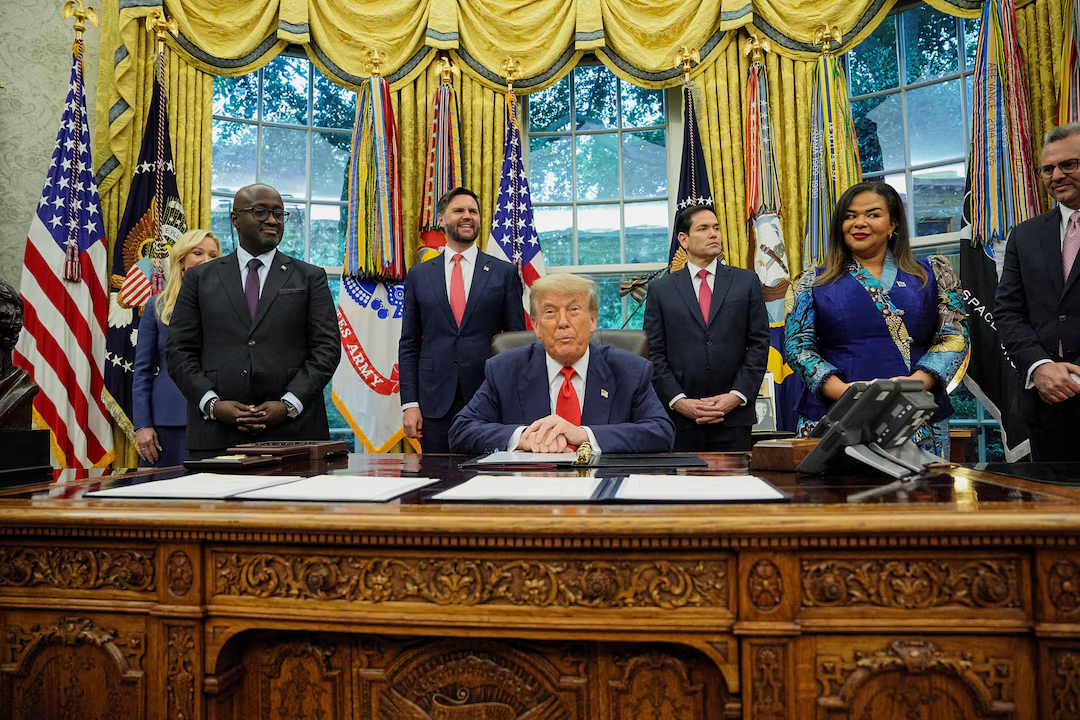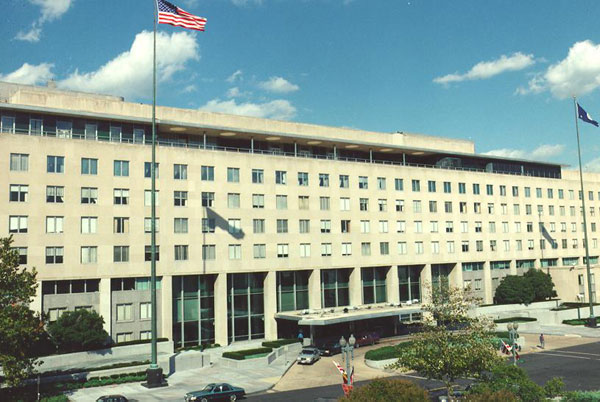The Democratic Republic of Congo and Rwanda have signed a peace agreement facilitated by the United States, a deal that promises to end decades of violence while raising serious questions about the motivations behind U.S. involvement.
Peace Agreement Raises Eyebrows
On June 27, 2025, the leaders of Congo and Rwanda met at the State Department to formalize an agreement aimed at curbing one of the most protracted conflicts in modern history. Secretary of State Marco Rubio declared it an "important moment after 30 years of war," yet many analysts remain skeptical. The agreement appears to prioritize U.S. interests in accessing Congo"s vast mineral wealth, estimated at a staggering $24 trillion, rather than addressing the core humanitarian crises faced by millions.
U.S. Interests Take Center Stage
According to reports, the peace deal includes provisions for territorial integrity and the disarmament of non-state armed groups. However, it blatantly ignores the needs for justice and accountability for countless victims of violence. The M23 rebel group, backed by Rwanda, has openly stated that they do not recognize the binding nature of this agreement, indicating that it may not lead to the cessation of hostilities. As noted by Reuters, the M23 has a history of violence that leaves many Congolese fearing that this deal will not change their reality.

Rwanda, Congo sign peace deal in US to end fighting, attract ...
Human Costs Ignored
The ongoing conflict has resulted in the deaths of over 6 million people since the 1990s, with more than 7 million displaced. Foreign Minister Therese Kayikwamba Wagner emphasized during the signing that "those who have suffered the most are watching" and are expecting the agreement to be respected. Yet, as stated by political analyst Christian Moleka, the deal "cannot establish lasting peace without justice and reparation." The U.S. administration"s approach seems to prioritize economic gain over the dire need for humanitarian support and justice.
Regional Stakeholders Remain Distrustful
Hope Muhinuka, an activist from North Kivu, expressed skepticism about the U.S. as a reliable partner, stating, "I don’t think the Americans should be trusted 100%." This sentiment reflects a broader distrust among Congolese citizens who have witnessed decades of broken promises from various powers, including the U.S. The inclusion of Qatar as a facilitator raises further concerns about the legitimacy of the agreement, as their involvement may signal a push to secure Western interests rather than a genuine commitment to peace.

Harry S Truman Building
Historical Context Shapes Current Events
The roots of this conflict trace back to the 1994 Rwandan genocide, a tragedy that spilled over into Congo and contributed to a cycle of violence that shows no signs of abating. The U.S. has a complicated history in the region, often acting as both a mediator and a vested party in the lucrative mineral trade. As reported by BBC, the humanitarian crisis in eastern Congo is one of the most severe on the planet, yet solutions appear driven by geopolitical interests rather than the needs of the suffering populace.


![[Video] Heavy clashes and gunfire reported in Baghdad, Iraq](/_next/image?url=%2Fapi%2Fimage%2Fthumbnails%2Fthumbnail-1768342239932-848qsh-thumbnail.jpg&w=3840&q=75)




![[Video] Gunfire between Iraqi security forces and Sadr militias in Baghdad](/_next/image?url=%2Fapi%2Fimage%2Fthumbnails%2Fthumbnail-1768343508874-4redb-thumbnail.jpg&w=3840&q=75)
